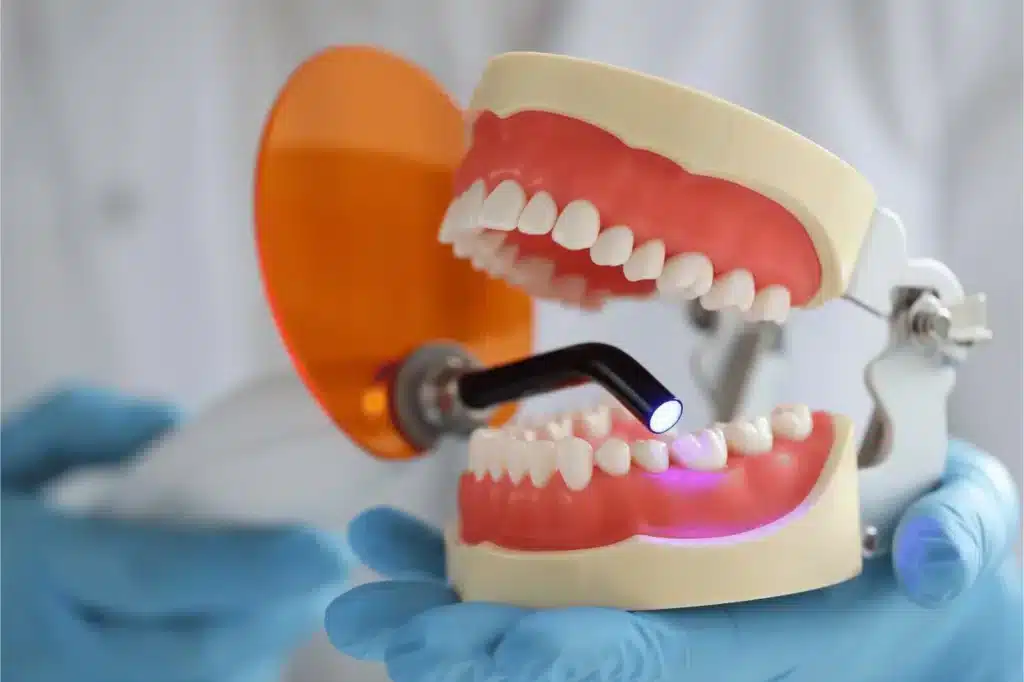Dental fillings are vital in preserving oral health and teeth from further decay. Understanding the significance of fillings is essential, as they restore damaged teeth.
This blog post explores dental fillings, their types, procedures, and their role in maintaining a healthy smile.
Types
Regarding dental treatments, various filling materials are used for different needs.
Amalgam Filling
Amalgam filling is known for its strength and cost-effectiveness. Some patients express concerns over their mercury content.
Composite Filling
Composite resin filling offers natural aesthetics and versatility. But maybe less durable for larger cavities.
Gold Filling
The gold fillings are long-term. These fillings are suitable for people who need an elegant touch.
Ceramic Filling
Ceramic porcelain fillings blend with natural teeth but require accurate craftsmanship.
Glass Ionomer
Glass ionomer filling release fluoride and work well for specific cases, especially children.
Procedure
The dental filling process involves several steps to restore damaged teeth.
- Firstly, the tooth is prepared, and decay is carefully removed. Various types of anesthesia may be used to ensure a comfortable experience for the patient.
- Next, the chosen dental filling material, composite resin, amalgam, or others, is applied to fill the cavity.
- Ultimately, the filling is shaped and polished to appear naturally. It blends with the surrounding teeth.

Choosing the Right Dental Filling
- Consider the filling material based on factors like cavity location and size.
- Evaluate aesthetics and visibility. Some fillings are more sensitive than others.
- Check for allergies or sensitivities to specific filling materials.
- Check cost and insurance coverage when deciding on the filling option.
Pros
- Dental filling helps preserve the natural tooth structure, preventing further decay.
- Different filling materials offer different levels of longevity and durability.
- Ensures a beautiful and aesthetic smile.
Cons
- Some filling materials can cause allergic reactions.
- Poor oral care can damage the fillings.
Caring for Dental Fillings
Maintaining a proper oral care routine ensures dental fillings’ longevity. Avoid damaging fillings by refraining from biting on hard objects. Regular dental check-ups and maintenance are important for detecting any issues early on.
If sensitivity arises after getting dental fillings, use desensitizing toothpaste. Communicate any discomfort to your dentist for attention and resolution.
Conclusion
Dental fillings are crucial in preserving oral health and restoring damaged teeth. It is important to seek professional dental advice for your needs. Maintaining oral health ensures overall well-being and a confident smile.


